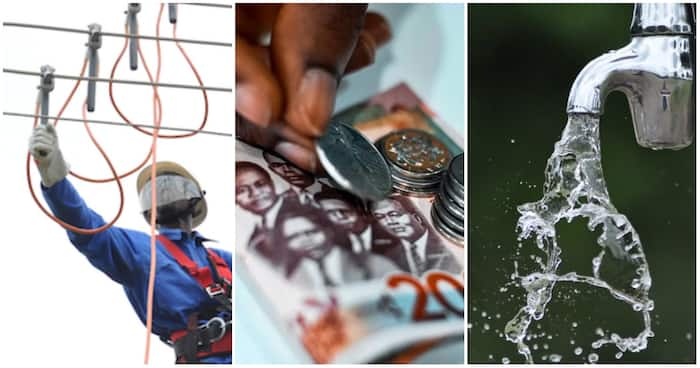The Public Utility Regulatory Commission (PURC) is set to increase utility tariffs in the first quarter of 2023 effective February 1, 2023.
According to the Commission, the increment has become necessary despite the present economic challenges. It revealed that it is equally mindful of the current difficult economic circumstances, but the potential of outages would be catastrophic for Ghana and has to be avoided.
Contained in a statement issued on January 16, 2023, the PURC stated that it has resorted to “balance prevention of extended power outages and its deleterious implications on jobs and livelihoods with minimizing the impact of rate of increases on consumers”.
“The Commission, therefore decided to increase the average end-user tariff for electricity by 29.96% across the board for all consumer groups. The average end-user tariff for water has also been increased by 8.3%. The Commission, however, approved varying rate adjustments including some reductions for selected industrial and commercial consumers as part of the ongoing restructuring of the existing water rate structure.”
Public Utility Regulatory Commission
Justification for tariffs increment
Elaborating its justification for the increment, PURC stated that for the end-user, electricity tariffs payable by consumers was considered by examining four key factors in arriving at its decision. These, it highlighted, were the Ghana Cedi/US Dollar exchange rate, inflation, generation mix and the weighted average cost of natural gas.
The Commission explained that since the announcement of the major tariff in August 2022, these key variables underlying the rate setting have changed significantly.
“For example, the weighted average Ghana Cedi to Dollar exchange rate used for the major tariff review was GHS 7.5165 to the US Dollar. Since then, we have witnessed the depreciation of life of Cedi against the US Dollar and other major currencies. The projected weighted average Ghana Cedi US Dollar exchange rate used in First Quarter 2023 Tariff Analysis is GHS10.5421/USD.”
Public Utility Regulatory Commission
Additionally, the Commission stated that the weighted average inflation figure used for the major tariff has seen a four-fold increase. Together with exchange rate movements, it noted that this has negatively affected the ability of the utilities to purchase critical inputs required for their operations.
The Commission further resorted to a projected inflation rate of 42.63% in its tariff analysis for the First Quarter of 2023.
“The combined effect of the Cedi/US Dollar exchange rate, inflation and WACOG is that the utility companies are significantly under-recovering and require an upward adjustment of their tariffs in order to keep the lights on and water flowing.”
Public Utility Regulatory Commission
In August 2022, the PURC announced a similar 27.15% increase in tariff for electricity and 21.55% increase in water tariff which was effected September 1, 2022. It followed a proposed increment from utility companies including the Electricity Company of Ghana (ECG) and Ghana Water Company Limited (GWCL) of 148% and 334% respectively.
The ECG proposed that its tariffs be increased by 148% for 2022 and with 7.6% average adjustments between the periods of 2023 to 2026.
The proposed sharp increase, according to ECG was due to the gap between the actual cost recovery tariff and PURC-approved tariffs as well as the cost of completed projects. GWCL on the other hand, argued that while the average tariff per cubic metre in 2019 was 1.27 USD, the same was reduced to USD 1.13 as a result of cedi depreciation.
The GWCL stated that this affected its ability to carry out repairs and replacements of aged and obsolete equipment and pipelines.
PURC however explains that its decision was arrived at after rigorous analysis and extensive consultations with industry players, as well as an assessment of the economic conditions of consumers.
READ ALSO: We Followed Due Process In Notice Of Tax Assessment Served On MTN Ghana- GRA



















